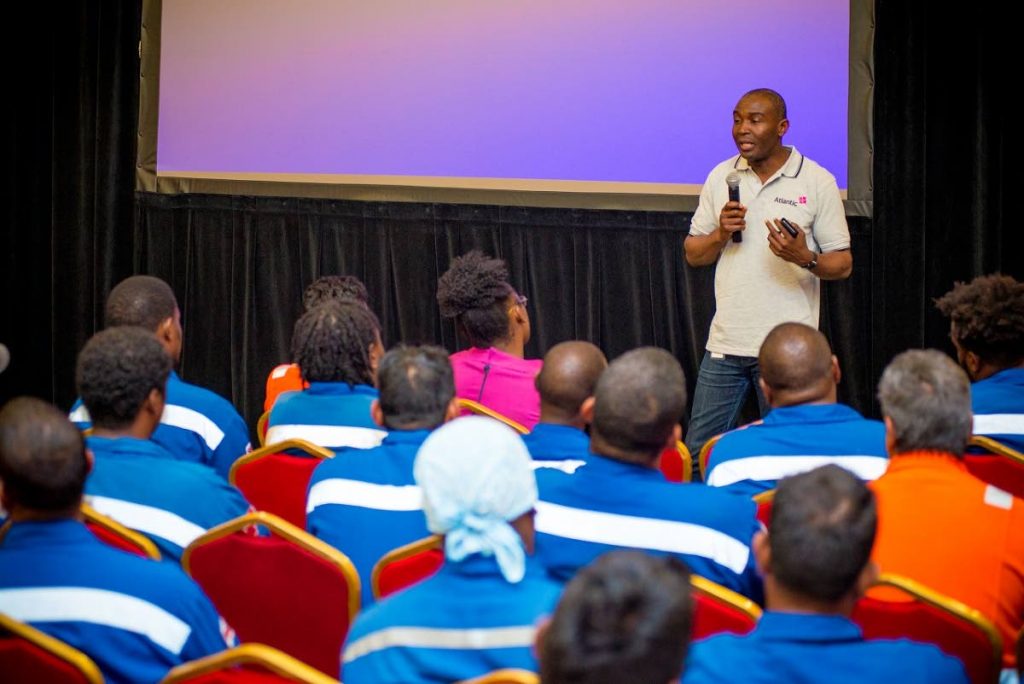Complacency due to familiarity is biggest danger

ATLANTIC CEO Dr Philip Mshelbila said one of the biggest dangers to process safety is complacency due to familiarity.
Mshelbila told employees and service providers at the conclusion of its seventh annual Process Safety Week at its Point Fortin liquefaction plant, “We cannot rely on luck to be our barrier.”
He said, “We have to live process safety if we are going to manage it as the way in which we operate. It cannot be something we switch on and off. Our key objective is that we perform at our best and recognize the accountability and responsibility for process safety that comes with each of our roles. Every person has to participate – teamwork is the only way to succeed.”
Process safety is a framework used by LNG facilities and process plant operations to manage the systems that prevent leaks, spills, equipment malfunction, extreme temperatures, corrosion and metal fatigue, which all have the potential to cause hazardous incidents. In the industry, incidents related to these systems are described as Process Safety incidents.
Mshelbila and Rob DiValerio, BP’s Vice President - Group Process Safety Central addressed employees and shared some of their personal experiences in managing the tragic outcomes of process safety incidents in Nigeria and in the United States of America. Over three days, 27 sessions were held, featuring presenters representing Atlantic, Shell, BP, NGC, Worley Parsons, Massy Wood Group and Lloyd’s Register. Sessions were also held for night shift personnel, as part of Atlantic’s commitment to expose all employees to industry best practices in process safety.
Mshelbila and DiValerio highlighted the central role of employees in the system that protect natural gas plants from leaks and other failures.
DiValerio also highlighted the importance of barrier management, the practice of continuously evaluating and enhancing the systems that protect natural gas plants from leaks.
“Incidents should not be seen as an interruption but as an opportunity to learn,” DiValerio said. “The key factor in ensuring process safety performance is simply identifying the barriers used to mitigate the routes of loss of containment (of hazardous materials) and understanding how robust they are.”
Since 2012 Atlantic has been holding these sessions featuring lecturers, presentations and booth displays in an attempt to deepen the employee and service provider knowledge of process safety at Atlantic and in the wider industry. This year the theme was Enhancing Process Safety Performance.

Comments
"Complacency due to familiarity is biggest danger"